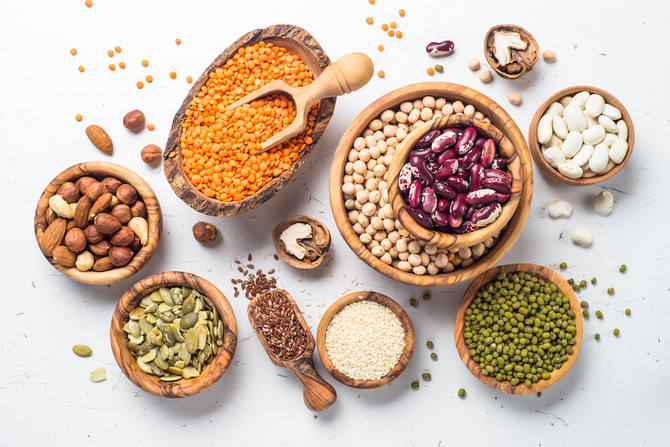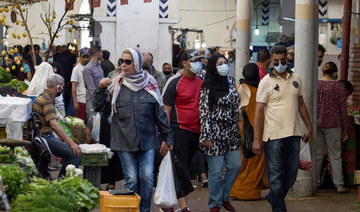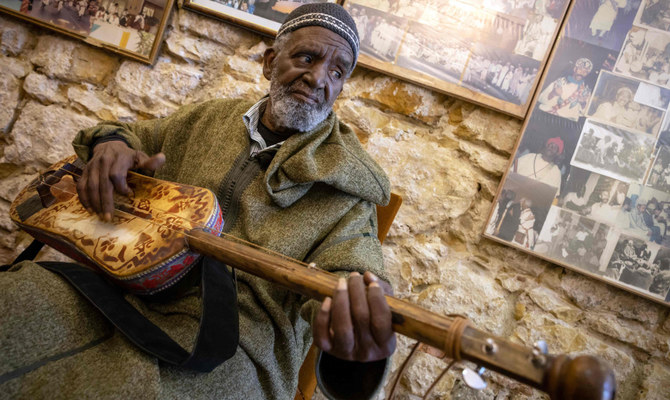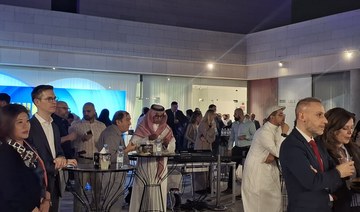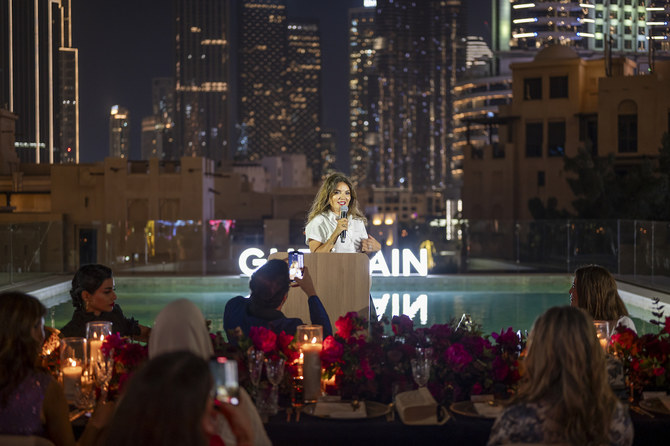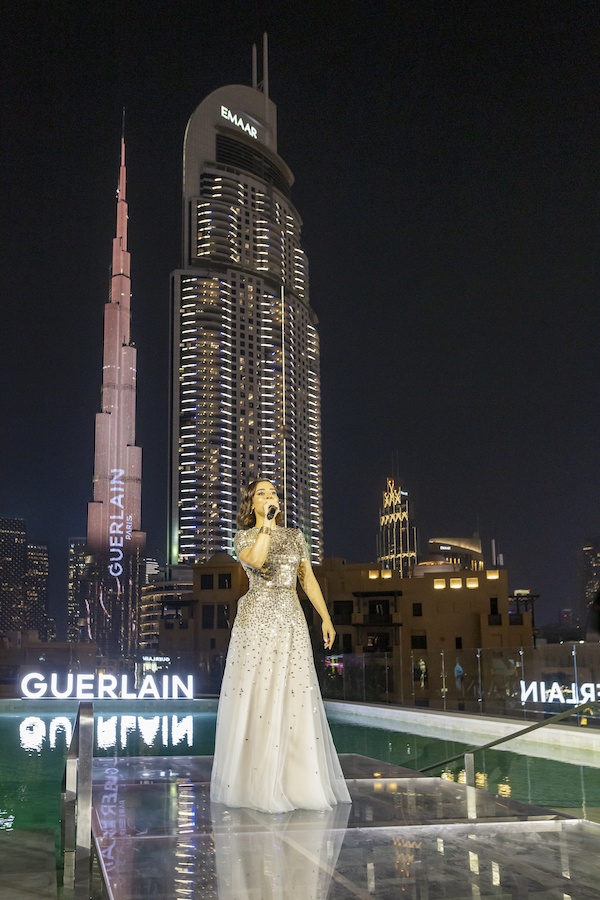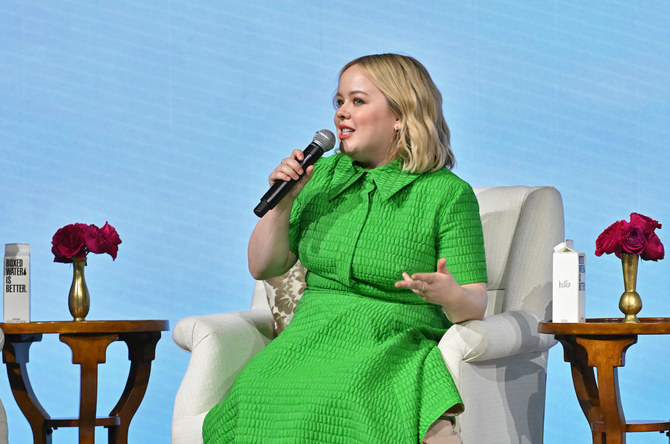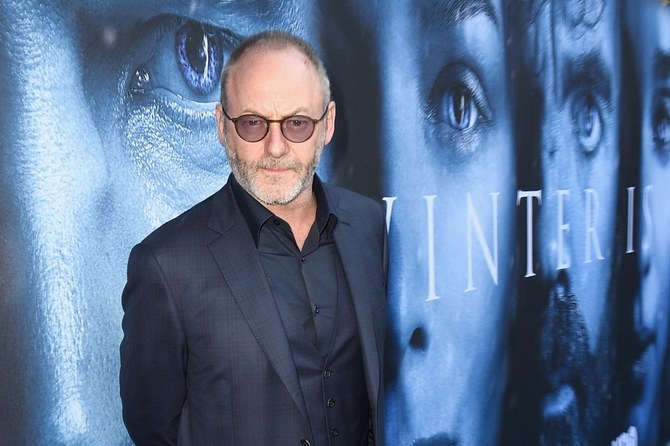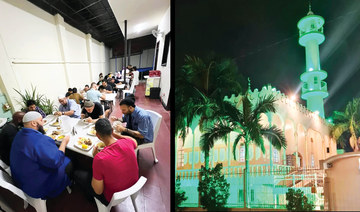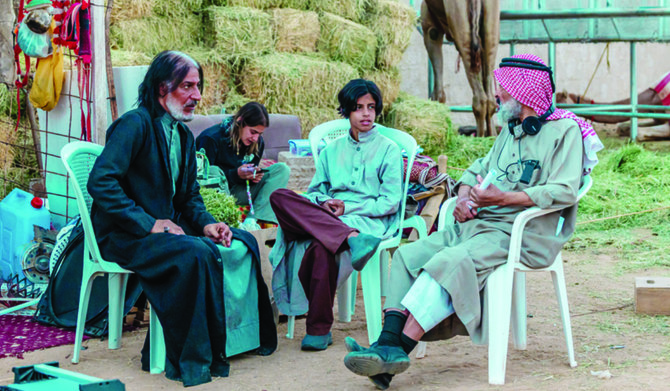DUBAI: Bloating during the month of Ramadan is inevitable for many.
The reasons are plenty: Eating your meal too fast, plunging into a large, varied meal, swallowing air with the food that you eat, not chewing enough, eating fried and salty foods, and indulging in sweets.
The slowing down of your metabolism due to prolonged periods of not eating, and the stress caused by your hormones because of the feeling of hunger, are additional factors.
One might wonder: Could there also be healthy foods that cause bloating? Unfortunately, the answer is yes.
Beans (red, white, broad, soy and mung), lentils, and chickpeas are all good sources of Calcium, B vitamins, Magnesium, Folate and Zinc. They are also high in protein ― eating half a cup of cooked beans is the equivalent of eating 60 grams of lean protein
They are full of fiber ― a 1/2 cup serving of cooked dry beans has 4 to 10 grams of fiber. They also improve cholesterol levels and protect the heart and the intestines, and are rich in antioxidants, low in fat, and have a low glycemic index, helping control blood sugar.
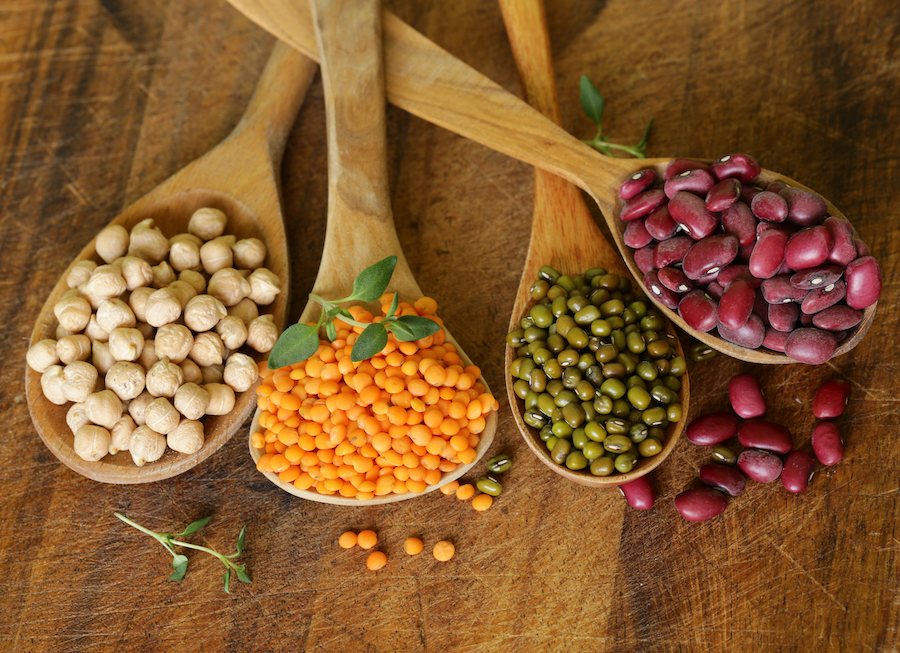
Beans, lentils and chickpeas are all good sources of Calcium, B vitamins, Magnesium, Folate and Zinc. (Shutterstock)
The dietary guidelines for Americans recommends eating 1.5 cups of beans per week to take advantage of the aforementioned health benefits. However, the fact remains that these are foods that cause bloating.
Two main factors found in this category of food are the culprits: Oligosaccharides and fibers. Oligosaccharides are kinds of sugar that the small intestine cannot digest fully. They go directly to the large intestine where the bacteria break them down.
This process causes fermentation and the production of gases. The same principle applies to other foods that come into the large intestine without being absorbed in the small intestine; they will produce gas. Some examples would be garlic, artichokes, onions, peas and cabbage, not to mention sorbitol, added to many kinds of food as a sweetener.
How to avoid bean bloating?
1. Soak beans in lots of water overnight.
2. Alternatively, if you do not have enough time to soak overnight, put in water and bring to boil. Then soak for few hours before changing the water and boiling again.
3. Don’t use the soaking water to cook the beans. This will get rid of some of the indigestible oligosaccharides that cause bloating.
4. Drink enough water to help your gastrointestinal system handle the increase in dietary fiber.
5. Eat in small quantities — no more than a cup per meal. This is considered a protein source, so supplement your meal with starch, like rice, to feel satiated.
6. Add a carminative such as cumin, cardamom, oregano or fennel to your beans. Spices and herbs are carminatives. They prevent the formation of gas or at least help in expulsion.
7. Eat beans no more than twice a week.
8. Do not exclude beans from your diet. Although you may initially experience some additional gas when you add them to your diet, this effect diminishes if you continue to include them in your diet on a regular basis (in small quantities).
9. Chew your beans thoroughly. When you gobble your food, you also tend to swallow more air, which ends up in your colon, causing gases.
Randa’s tip: Put your cutlery down completely between mouthfuls. When you’re done, grab your cutlery again and take the next mouthful. This will give ample time for proper digestion and for the feeling of satiety to kick in.
Ramadan Kareem.



